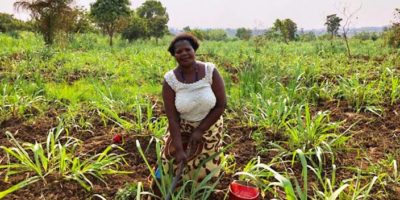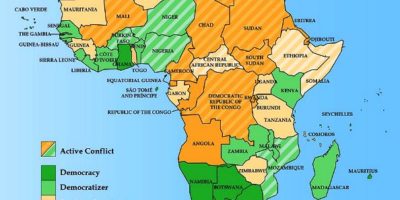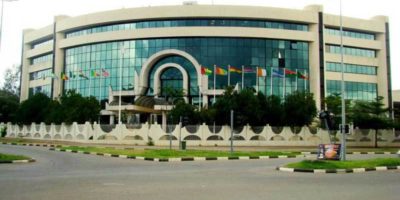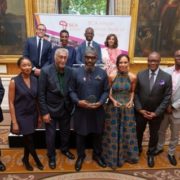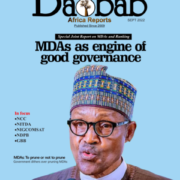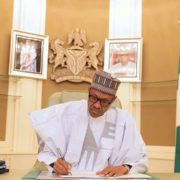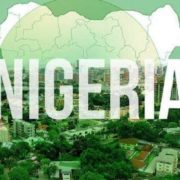By Chinedu James
Africa’s biggest oil producer and most populous nation, Nigeria was not in attendance at the 10th Extraordinary Summit of the African Union (AU) in Kigali, the capital city of Rwanda. The reason for the convergence was to sign the agreement that will establish the African Continental Free Trade Area (AfCFTA).
Nigerian President, Muhammadu Buhari who was scheduled to leave Abuja on Monday ahead of the meeting on Wednesday pulled out to allow for more consultations and deliberations on the issue as stakeholders in the country raised concerns on the provisions of the treaty.
Notable among those who expressed dissatisfaction with the treaty is the Nigeria Labour Congress (NLC). The organised labour union emphasized that the initiative holds no future and will spell doom for the country’s economy.
“We at the Nigeria Labour Congress are shocked by the sheer impunity or blatant lack of consultation in the process that has led to this. We have no doubt this policy initiative will spell the death knell of the Nigerian economy,” said NLC President, Ayuba Wabba.
Amidst the controversies that surround the continent’s most populated nation signatory to the treaty, the summit had at least 53 African Heads of States with about 44 of them including Ghana, Ethiopia and Kenya signing what is being called the largest free trade agreement since the creation of the World Trade Organization.
The AfCTA’s major aim is to boost intra-African trade geared at deepening African economic integration, promoting agricultural development, food security, industralisation and economic transformation through a single continental market which allows free movement of persons, capital, businesses and investment.
The deal is expected to create a continental market of 1.2 billion people with a combined gross domestic product of more than $3.4 trillion.
According to the chairperson of the AU Commission, Moussa Faki Mahamat, the free trade treaty is set to empower the continent’s economy and eliminate hindrances that separate the continent.
“Our people, our business community and our youth in particular cannot wait any longer to see the lifting of the barriers that divide our continent, hinder its economic takeoff and perpetuate misery, even though Africa is abundantly endowed with wealth,” Mahamat said.
However, the AU’s commissioner for Trade and Industry, Albert Muchanga expressed optimism that countries that did not sign the treaty might reconsider after consultations and sign when the union will have its next summit in Mauritania in July.
“Some countries have reservations and have not finalized their national consultations. But we shall have another summit in Mauritania in July where we expect countries with reservations to also sign,” said Muchanga.



